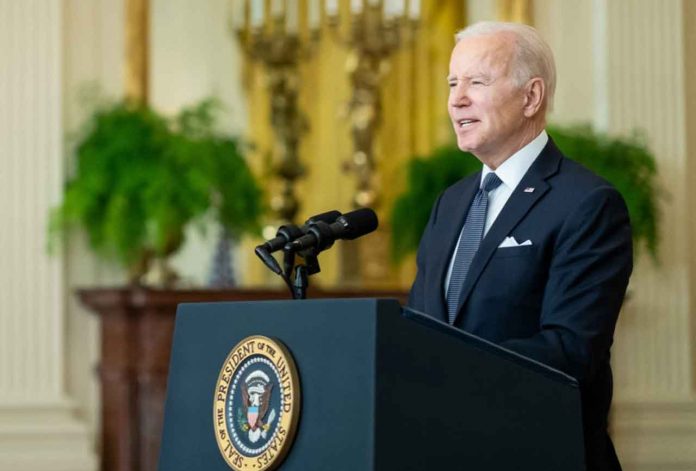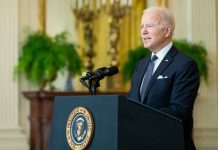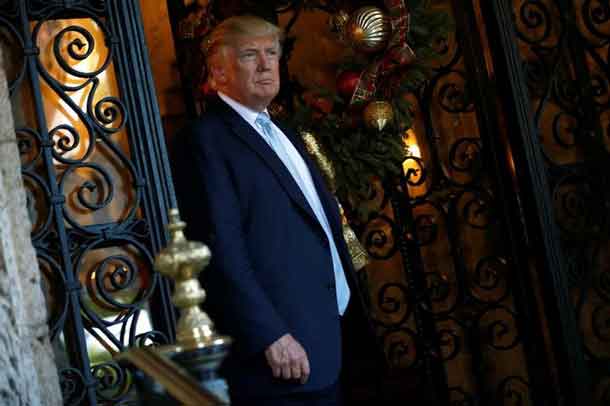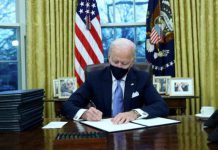President Biden grants preemptive pardons to Milley, Fauci, and others to shield them from retaliation by incoming President Trump
Washington, DC – January 20, 2025 – In a bold and historic use of presidential power, U.S. President Joe Biden issued preemptive pardons on Monday for General Mark Milley, Dr. Anthony Fauci, and several members of Congress who served on the January 6 Committee. The pardons, announced in Biden’s final hours in office, aim to shield these individuals from potential retaliatory actions by his successor, President-elect Donald Trump.
The pardons, which include former Republican Representative Liz Cheney and other prominent critics of Trump, have drawn significant attention for their unprecedented scope. Biden described the decision as a necessary measure to safeguard public servants from politically motivated investigations and retribution.
Biden’s Statement on Pardons
“These are exceptional circumstances, and I cannot in good conscience do nothing,” Biden said in a statement hours before his scheduled meeting with Trump at the White House ahead of the inauguration. He expressed concern over the growing threats and intimidation faced by public officials who, he stated, were merely fulfilling their duties.
Biden clarified that the pardons should not be interpreted as an admission of guilt, either by those receiving them or by his administration. He emphasized the importance of protecting individuals who have been under undue scrutiny, stating, “Our nation owes these public servants a debt of gratitude for their tireless commitment to our country.”
Who Received Pardons?
- General Mark Milley: The former chairman of the Joint Chiefs of Staff, Milley had been outspoken against Trump, calling him a “fascist.” Milley thanked Biden for the pardon, stating that it spares his family the potential anxiety and expense of defending against unfounded allegations.
- Dr. Anthony Fauci: The long-serving director of the National Institute of Allergy and Infectious Diseases, Fauci faced heavy criticism from Trump and his allies during the COVID-19 pandemic.
- Liz Cheney and January 6 Committee Members: Cheney, a former Republican Representative and vocal critic of Trump, along with other committee members, was specifically included to prevent retribution for their investigation into the January 6 Capitol attack.
Understanding the Powers of Presidential Pardons
The power to grant pardons is enshrined in Article II, Section 2 of the U.S. Constitution, which states that the President “shall have power to grant reprieves and pardons for offenses against the United States, except in cases of impeachment.”
This authority allows the President to pardon federal crimes before charges are filed, known as preemptive pardons. Historically, these have been rare. One notable example was President Gerald Ford’s pardon of Richard Nixon following the Watergate scandal, which sought to spare the country a prolonged legal battle.
However, the scope of Biden’s pardons is unprecedented, as none of the individuals appeared to face imminent legal action. Legal scholars have noted that while the Constitution grants broad clemency powers, the ethical implications of such preemptive pardons raise questions about their potential misuse.
Historical Context and Implications
Biden’s pardons mark a significant moment in U.S. political history, reflecting the heightened polarization of recent years. While critics may view the move as overreach, Biden defended his decision as necessary to prevent what he described as “politically motivated” retaliatory actions.
Preemptive pardons have rarely been used on this scale, making Biden’s decision both controversial and consequential. As Trump assumes office, the pardons shield their recipients from federal prosecution, providing them with a degree of legal protection amid a contentious political climate.







